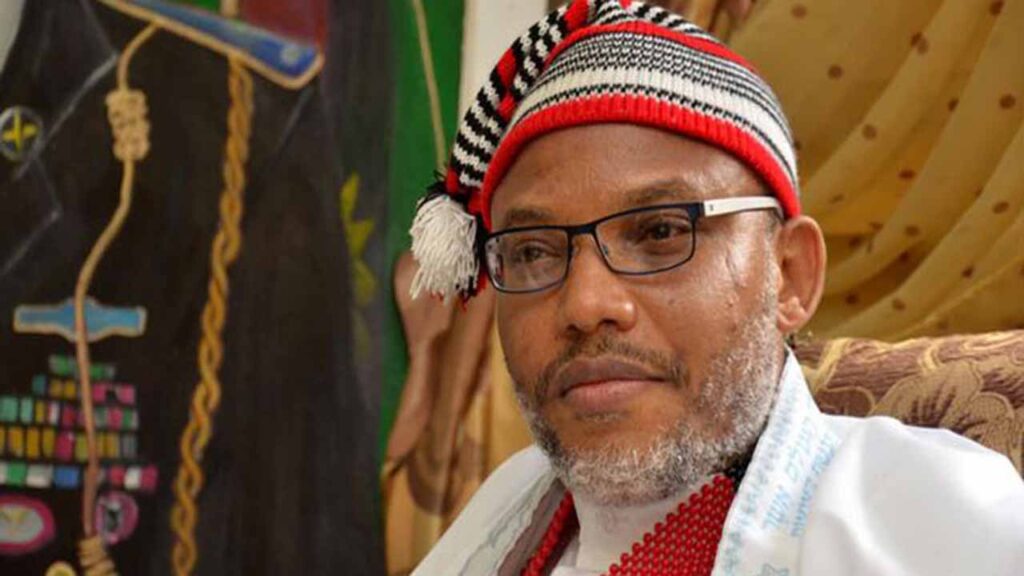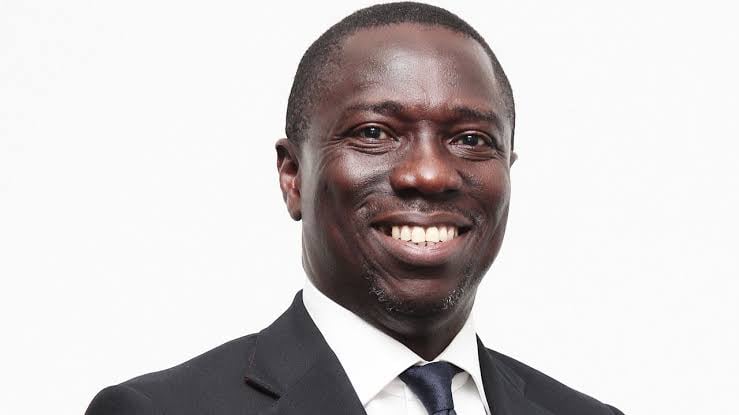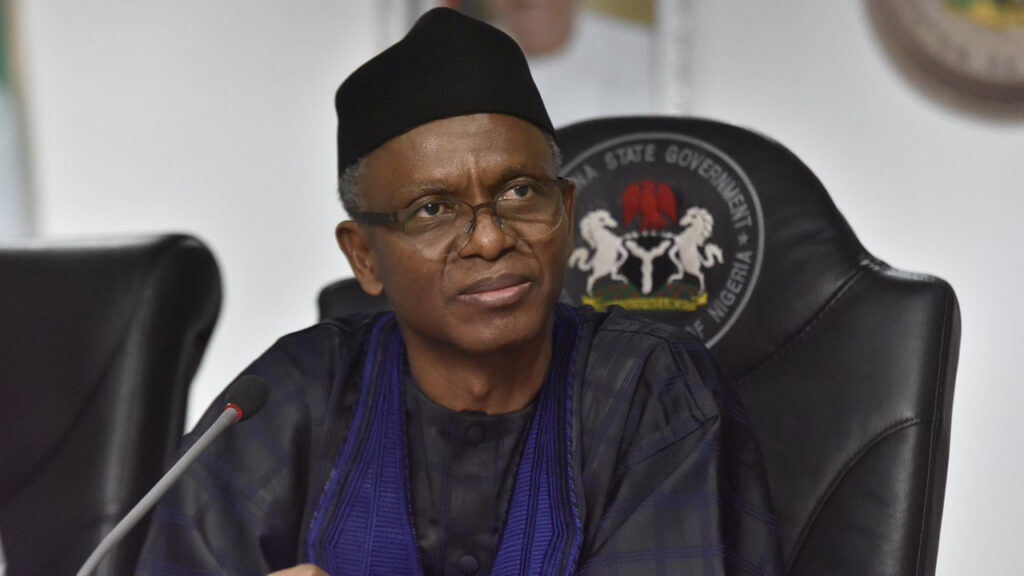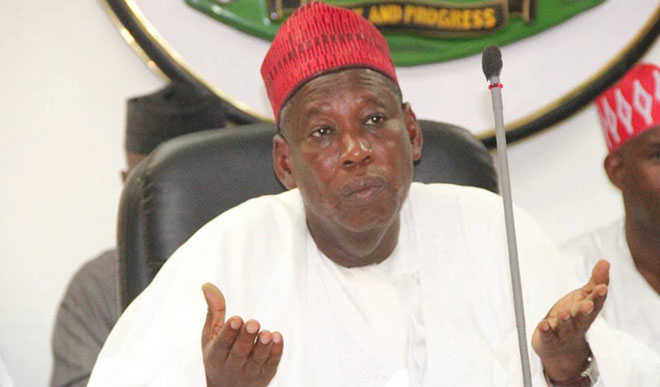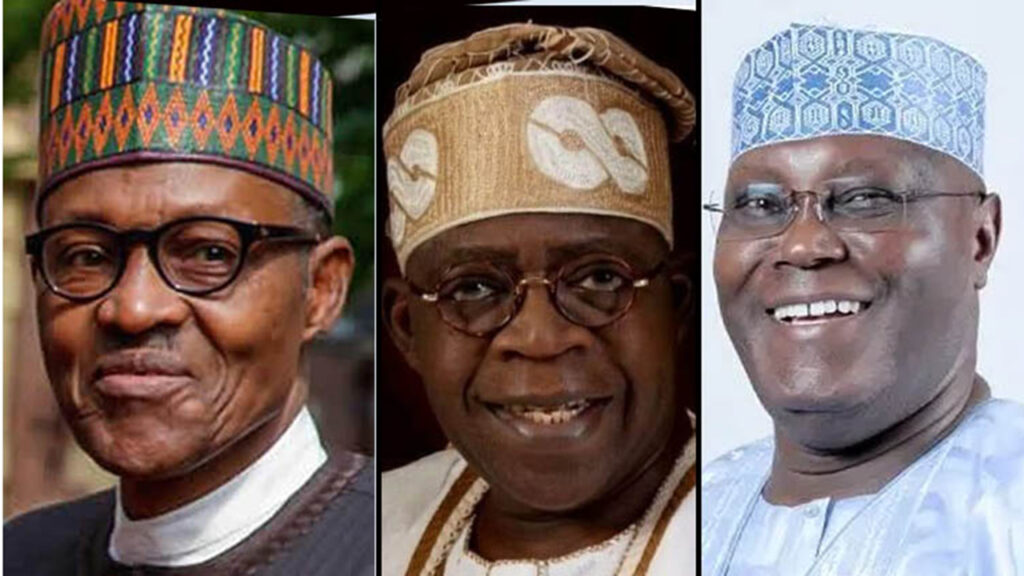
The Nigerian Constitution envisions a system of local council administration which seeks to entrench government and governance at the grassroots. But the local council autonomy issue has remained a subject of controversy with the nation’s true practice of federalism being at its heart.
The local councils are the closest arm of government to the masses. They are meant to bring about a lot of impact in terms of infrastructure development, provision of health services and facilities, and provision of basic education, among a couple of other interventions to make life liveable at the grassroot.
However, a major impediment to the realisation of this ideal is the widespread absence of autonomy for local council leadership across the country. And this affects basically their financial and administrative autonomy with the political class yet to reach a consensus on its readiness to allow the autonomy or otherwise.
Specifically, it is generally believed that for governors, local council autonomy represses their access to financial largesse. Former National Legal Adviser of the ruling All Progressives Congress (APC), Dr Muiz Banire, said that the idea behind the creation of local council, was essentially to bring the effect of governance and benefits of democracy nearer to the people at the grassroots, but noted that the current scenario defeats the purpose.
He said the local council function as stipulated in the 1999 Constitution, is that, it shall be responsible for the construction and maintenance of roads, streets, street lightings, drains and other public highways, parks, gardens, open spaces or such public facilities as may be prescribed from time to time by the House of Assembly of a state.
He also said local coucil administration has the duty to provide and maintain public conveniences, sewage and refuse disposal and so on. “But over the years, the performance of local councils has been completely disappointing, as they bear very little or no impact on the lives of the people at the grassroots.
Banire lamented that local councils are treated with utter disrespect, disdain and insensitivity by state governors and the Federal Government, saying, that councils strategic roles in social and economic development at the local level is not appreciated.
According to him, “Many local council chairmen, merely view their positions as that of regular disbursement of public money to state governors, traditional rulers, political mentors, their so-called godfathers and/or patrons/hangers on. Hence, all forms of development that ever take place at the local level often come from either the state or Federal government.”
However, the legal practitioners view on the autonomy is that, the state INEC should be stripped off the responsibility to conduct the elections into councils.
Another lawyer, Chief Anthony Dania, advocated for cancellation of joint account of the state and local council just as he insisted on autonomy for councils as the best for this country, noting that the idea of governors shortchanging the councils is bad.
He said the state governments are independent but the same states are not allowing the local councils within their domains to operate independently. “They insisted that money meant for local government should come through the state coffers. All these are because of corruption and greed. The joint account of the state and local government needed to be abolished. It will help the country.”
A lecturer in the Department of Mass Communications at Adekunle Ajasin University, Akungba-Akoko (AAUA), Ondo State, in separate reactions expressed concerns over the state of local governments in According to Abimbola, local councils in recent years have merely existed in name, lacking the recognition and functionality they should possess as the third tier of government, stressing that they have been stifled from operating effectively.
Speaking with The Guardian, the lecturer stated that governors have allegedly hindered local governments from functioning autonomously.
Abimbola also stressed that lack of independence and functionality has greatly impacted the local governments’ ability to execute projects and fulfil their responsibilities.
He said: “Local government in recent years has just been existing in name. By our constitution, local governments are supposed to be the third tier of government, but they are not recognised because the governors have not allowed them to function.
“The governors have deprived them of freedom by appointing sole administrators, and even when elections are organised, they are kangaroo elections that produce the governors’ stooges. That is why local governments have not been functioning.
“Before, we used to see local governments executing projects in agriculture, rural developments, feeder roads, and other social amenities, but today, it is like local governments are just mere social services, paying the salaries of workers that are doing nothing.
“Now that we now have the local government autonomy law, which President Buhari signed before he left office, I think it is one thing for a law to exist; it is another thing for that law to be implemented.
“It is the duty of the current government headed by Tinubu to ensure that governors allow local governments to breathe and have their autonomy.”
The lecturer further stressed that “If local governments have their autonomy, they are going to perform because they have a comparative advantage in their own respective areas.
“We have 774 local governments in Nigeria; there is none of them that doesn’t have one thing or another where it has a comparative advantage, either in mineral resources, agriculture, culture, or tourism. If they are autonomous, they are going to be able to organise themselves.”
On his part, Sola Ebiseni, a politician and former local council chairman, there is a widespread misunderstanding among Nigerians regarding the implications of autonomy for local governments.
According to him, the concept of autonomy for local governments is commonly understood as direct access to the federation account without the involvement of state governments.
However, Ebiseni argued that the practical implementation of such autonomy would result in each local government relying solely on the quantum of its allocation, stressing that it poses a significant challenge, as most local governments, similar to their respective states, are primarily rural and lack the necessary resources for generating internal revenue.
He said: “Remember that local governments are saddled with payment of salaries of Primary School teachers. In our time, most urban local councils with large number of teachers were often bedevilled with deficit allocation because what they received was grossly insufficient to meet salary obligations.
“This was what brought about the Joint Allocation Committee (JAC) at the State level to which allocations to Local Government are pulled and teachers salaries deducted on a first line charge before the remainder are shared in line with statutory parameters.
“However, the issue of local council in the Nigerian federation is far beyond such mundane consideration. The greatest injustice in the Nigerian federal structure is the local council. We must first admit that local council is a residual matter within the constitution jurisdiction of the federating states.
“Secondly, the question of local covernment, its creation and distribution within the geopolitical zones have to be addressed. For instance, the entire South East has 95 Councils, whereas only 3 states of Kano 44, Jigawa 27 and Katsina 34, together have 105. Or why will the old and by far bigger, by size and population Kaduna be 23 while smaller Katsina created out of Kaduna is 34.
“Ondo State is bigger than Osun in size and population. What was the rational parameter used by the military to give Ondo 18 and Osun 30. Both Ondo (18) and Ekiti (16) together 34 are only 4 Councils less than Osun. In the South-South while will bigger and more complex Rivers be 23 and Akwa Ibom 31. Why will the most populous and viable Lagos be restricted to 20.
“Yet these Local Governments arbitrarily awarded by the military is the basis of delegate elections to determine our political leaders; it gives some states unmerited access to the revenue of the federation etcetera. The resolution of these injustices through restructuring of the polity is the first step and not nebulous definition of autonomy.”
In Enugu State, for instance, the influence of governors is observed to have greatly hindered the performance of local councils in the state.
A former chairman in one of the councils in the state told The Guardian that though Enugu State had always conducted elections at the local government councils every two years, the development had not impacted their activities due to the overbearing influence of the governors produced in the state.
Speaking on the condition of anonymity, he said that the deductions from council allocations by governors of the state had created the poor performance of council executives, adding that it got worse with one of the previous governors, approving only money for overhead and salary of workers.
He stated that funds from the federal allocation to the states are shared in the name of “joint allocation” between the state government and local government whereby the governor determines the projects that could be executed in each local government under the arrangement.
“That being the case, I don’t know how a local government chairman can embark on infrastructure development in the communities; I don’t know how he is expected to carry out other responsibilities expected of him”, he said.
He, however, blamed the development on the mode of election that brought the council chairmen into office, explaining that since their nomination must be approved by the governor, it would be difficult for them to act independently.
“For instance, here in Enugu, during our own time, because it is Peoples Democratic Party (PDP) that is the dominant party, they produce everybody for every office. It is the governor that will tell you to come and become the chairman. When he does that, you are as good as chairman even before contesting election.
“So under that arrangement, you owe your loyalty to him. Even though they call you elected Chairman, but you don’t act like one because you are bound to his orders. That’s as it is. That is why it is extremely difficult for any local government chairman or administration to perform. We even had a situation where you can be impeached for doing nothing”, that is the way it is.
“I support the idea of autonomy for the local councils. You can see the way the federal and state governments are relating. It is such that even with the states drawing their allocation from the centre, in executing the funds, they do it independently. That is the way it should beat the council level to enable them perform their constitutional duties,” he said.
A lawyer, James Igwe stated that the only way the local government system can function effectively is by granting them autonomy, in such a way that their finances come directly from the federation account.
He said: “But even when the law has approved that their funds should come directly from the federal allocation, you still discover that some governors don’t even conduct council elections. In places where they conduct the elections, they institute the joint allocation committee thing with membership from local government executives and those outside the local government.
“Ordinarily, this is supposed to be something that should quicken development in the councils in that state government and councils will contribute to execute projects; but that is not what we see. What we see is a situation where the law of the state makes it mandatory that each council should contribute and don’t know how the money is spent”, he stated.
A former council administrator, Jude Ugwu, noted that full autonomy will help council administrations live to the constitutional responsibilities, stressing that it would instill competition and sense of fulfillment.
“If the local governments are working effectively, the pressure on the state government will reduce. It will create jobs and reduce the spate of under development in the communities. What we have in the rural areas is terrible state of roads, no pipe borne water not to talk about electricity; the healthcare is in shambles and what have you. You cannot change this system unless we make local governments truly autonomous”, he stated.
There are high expectations however, that Governor Peter Mbah will change the mantra and restore the constitutional obligations of the council to enable them serve the people at the grassroots in the state.
A few weeks ago, he had inaugurated a 16 member state Joint Accounts Allocation Committee (JAAC), saying that the idea was to ensure that funds meant for grassroots development is utilized.
“Local government account for us, is a very important account and we believe we must ensure that the people who will manage and ensure the allocation, monitoring and distribution of this account are credible people because the local government is that arm of our government that is closet to the people.
“Ours is to make sure that we lift our people out of the pit of poverty and we do not believe that there is a better positioned arm to do that than the local government. Therefore, local government funds must not only work for the wellbeing of our people, but must be seen to be doing so,” he said.



